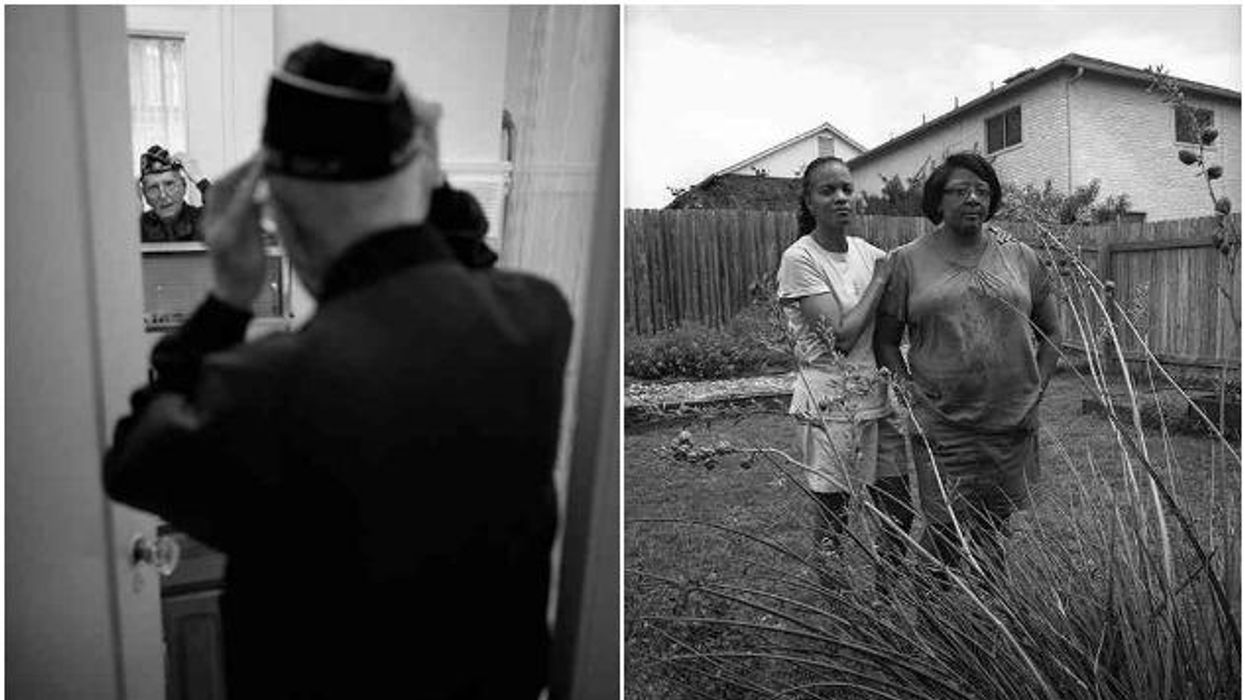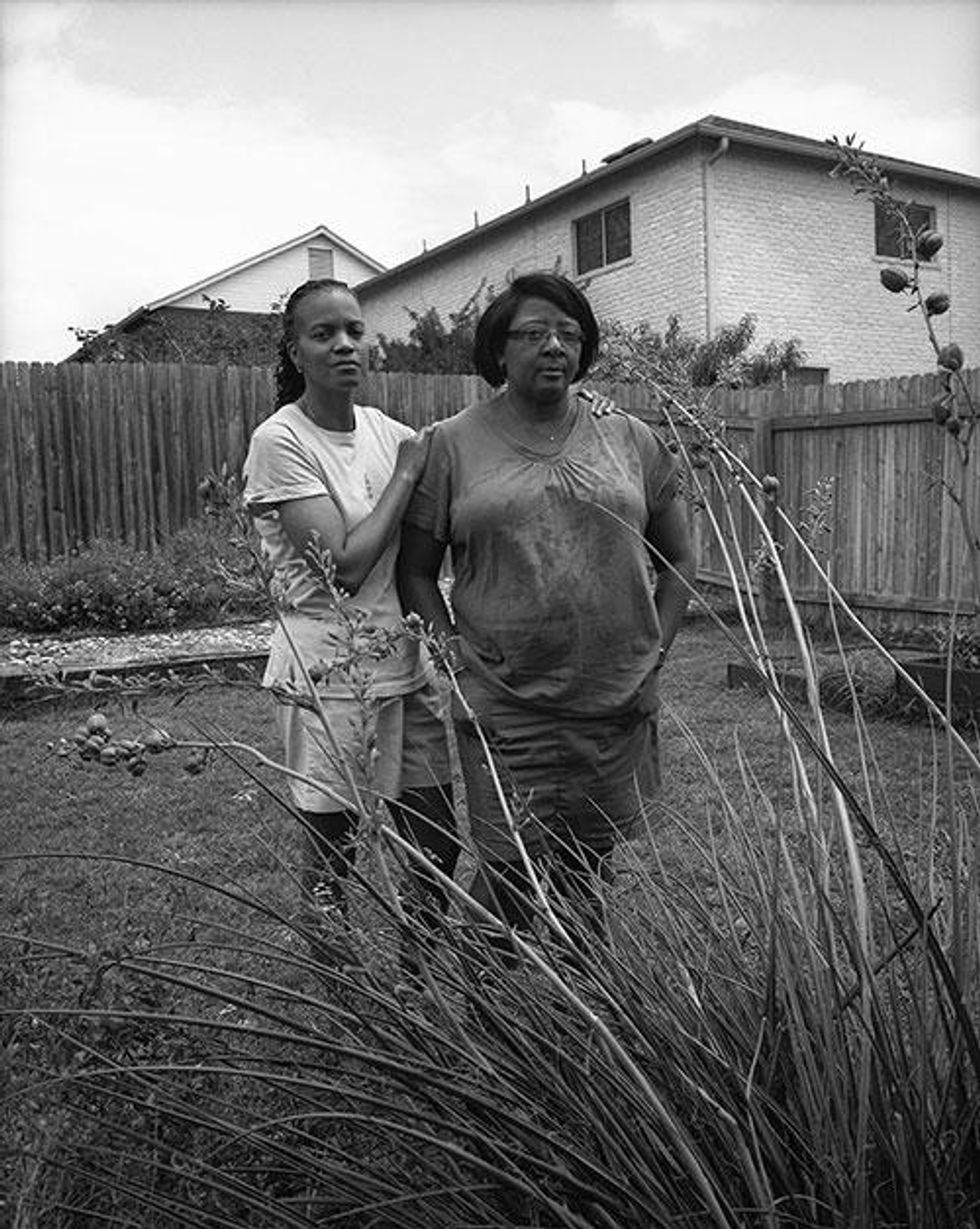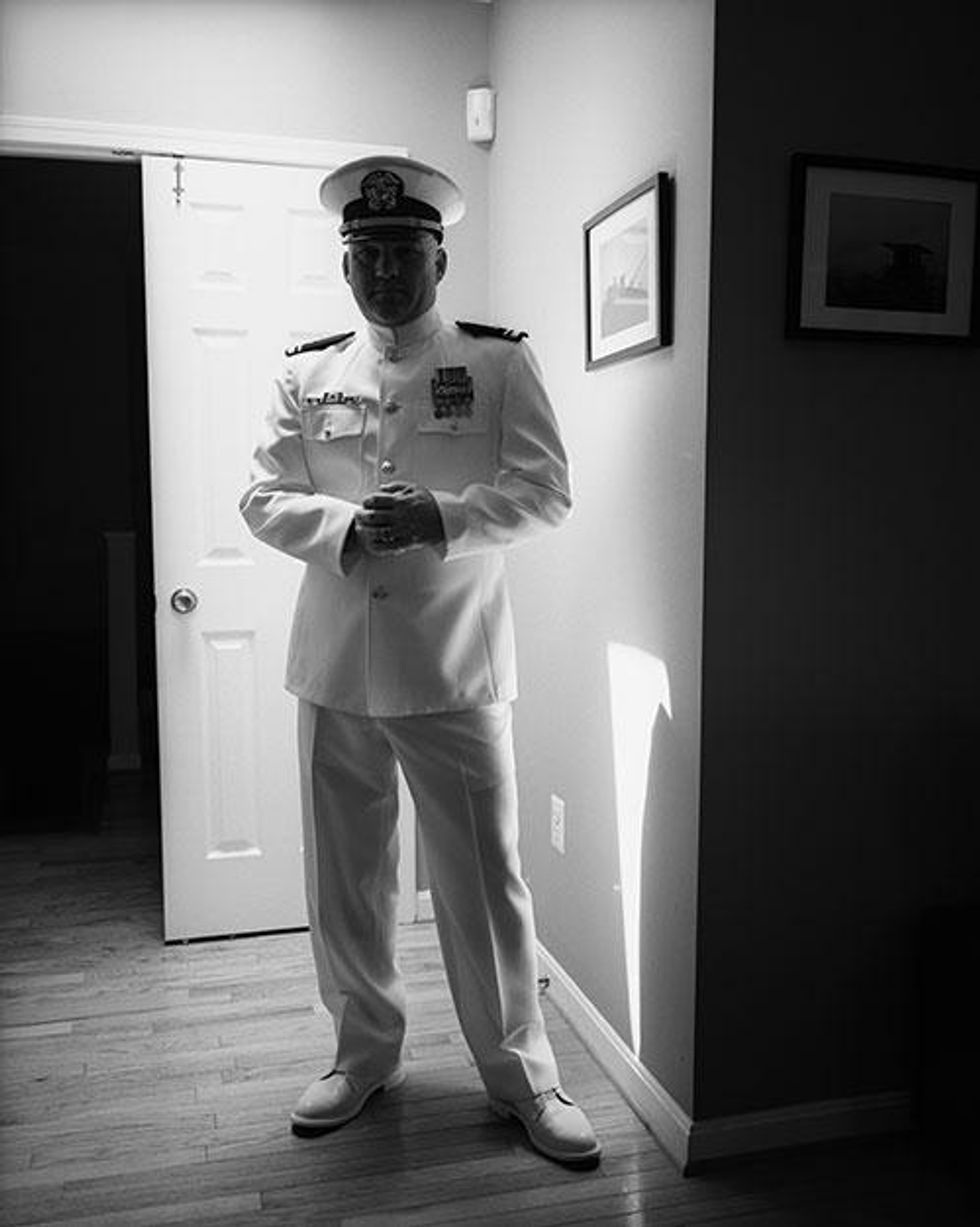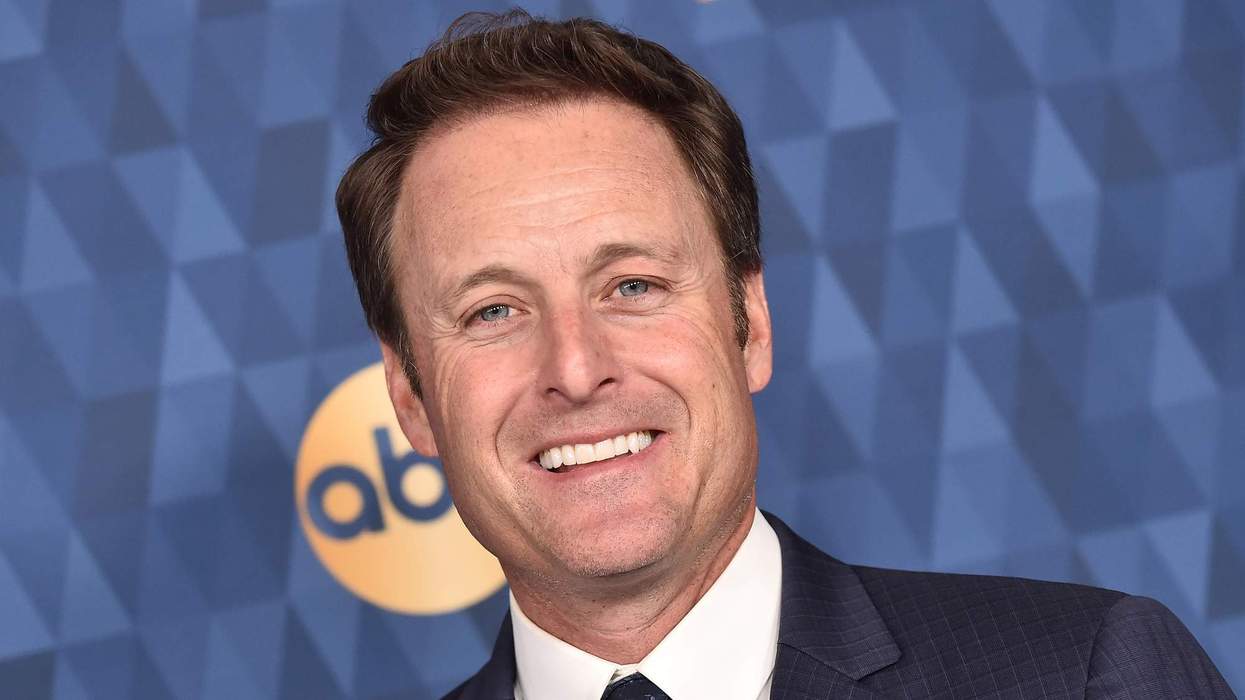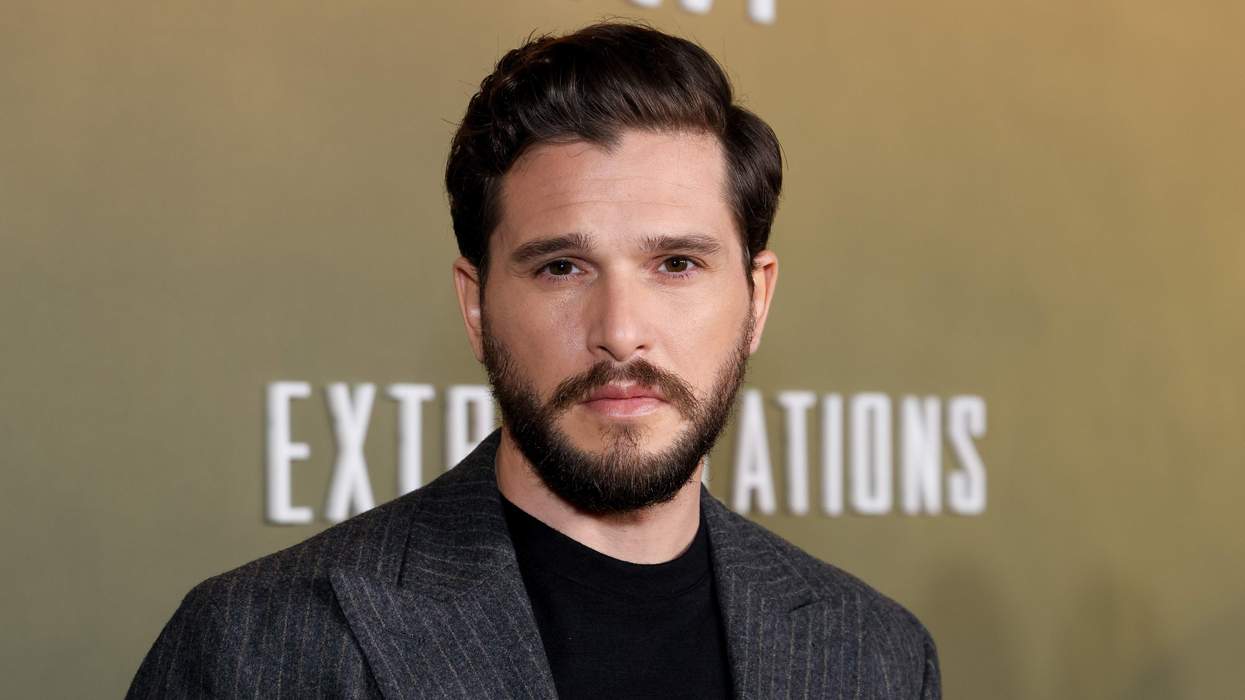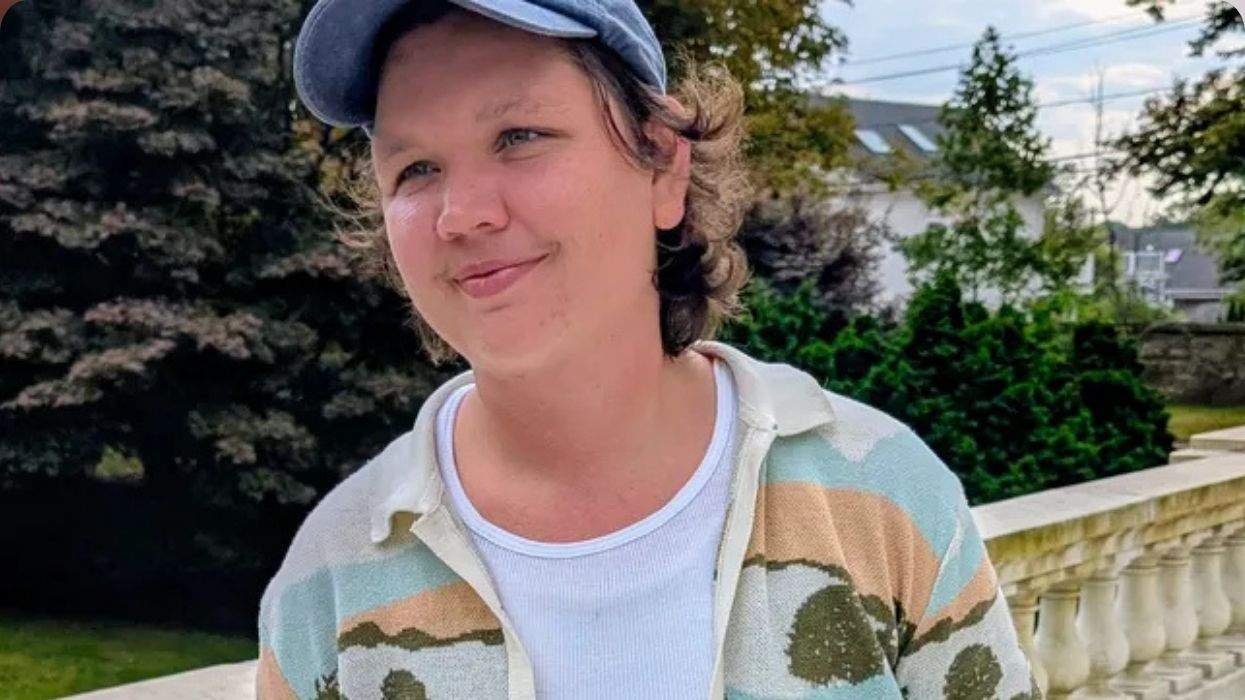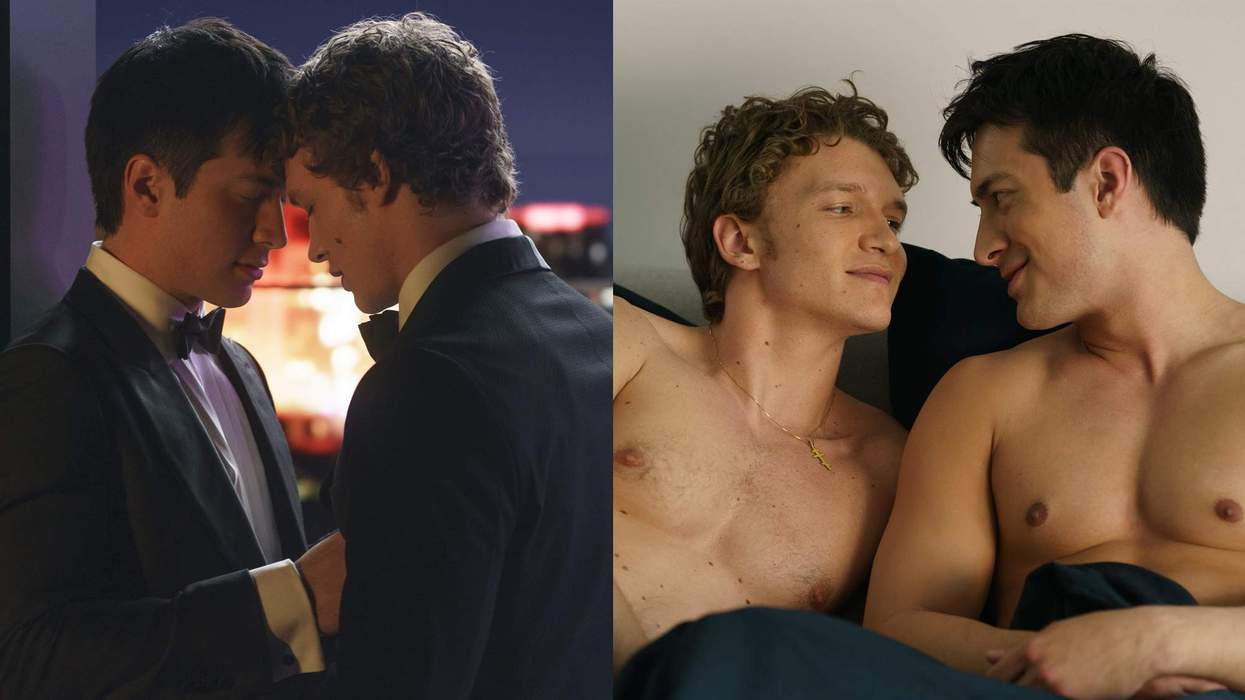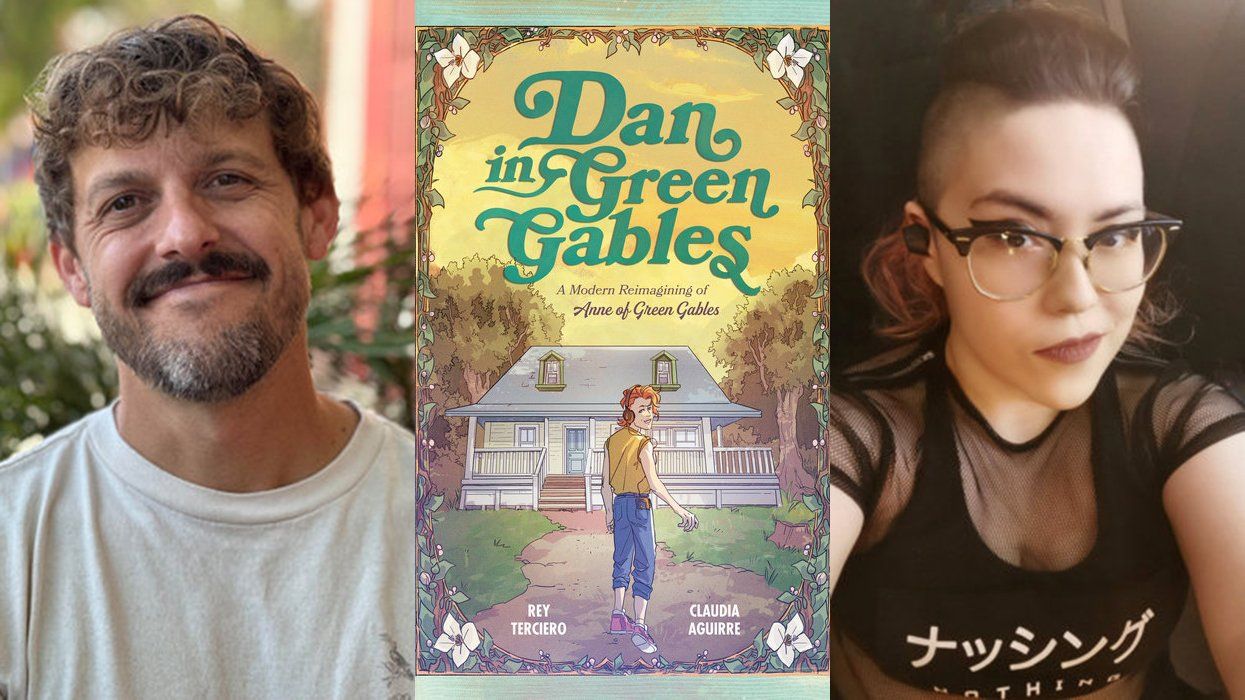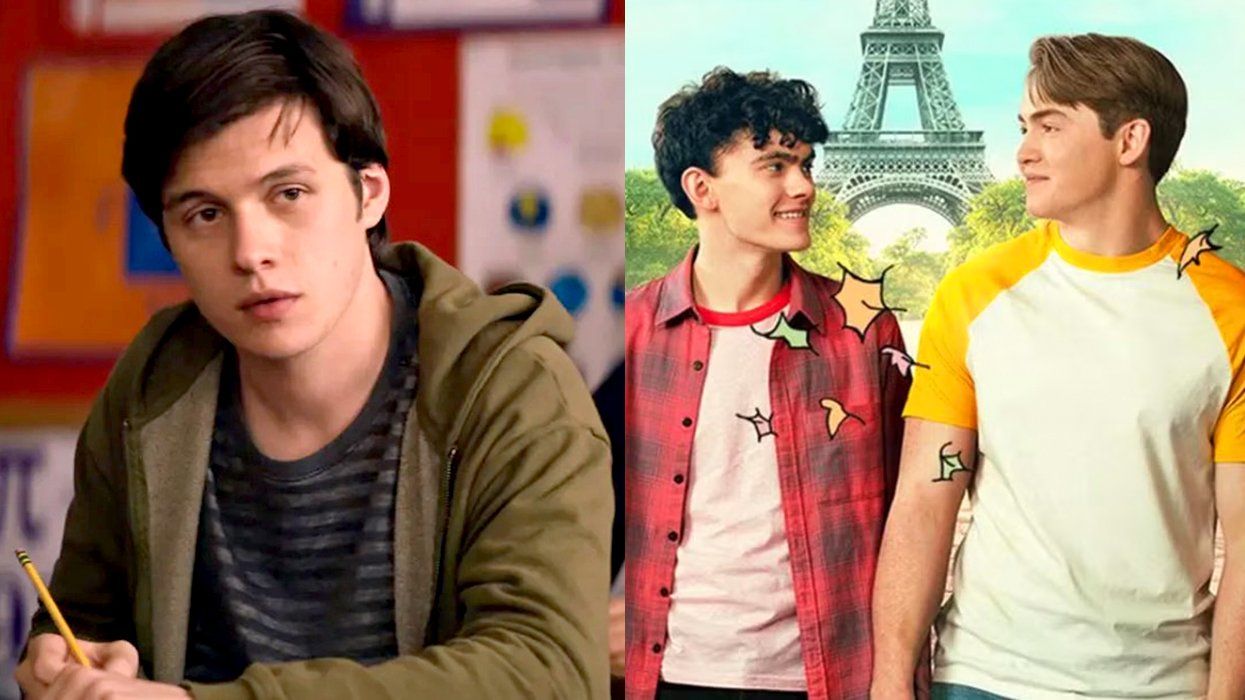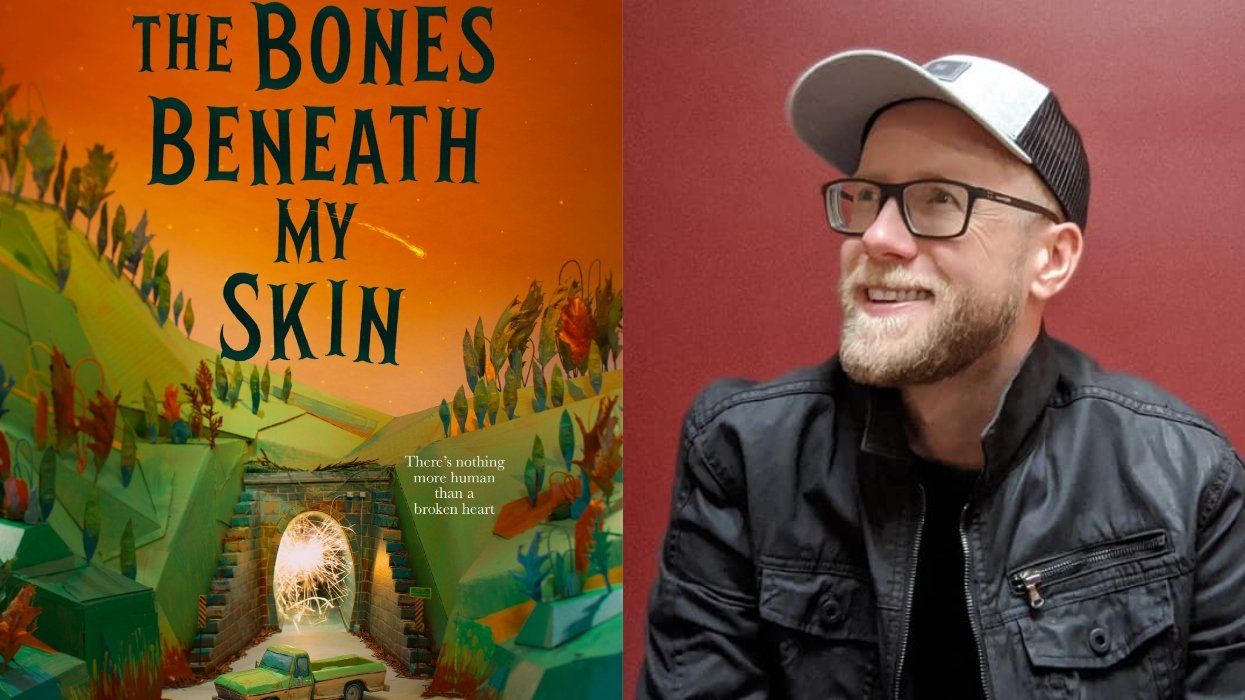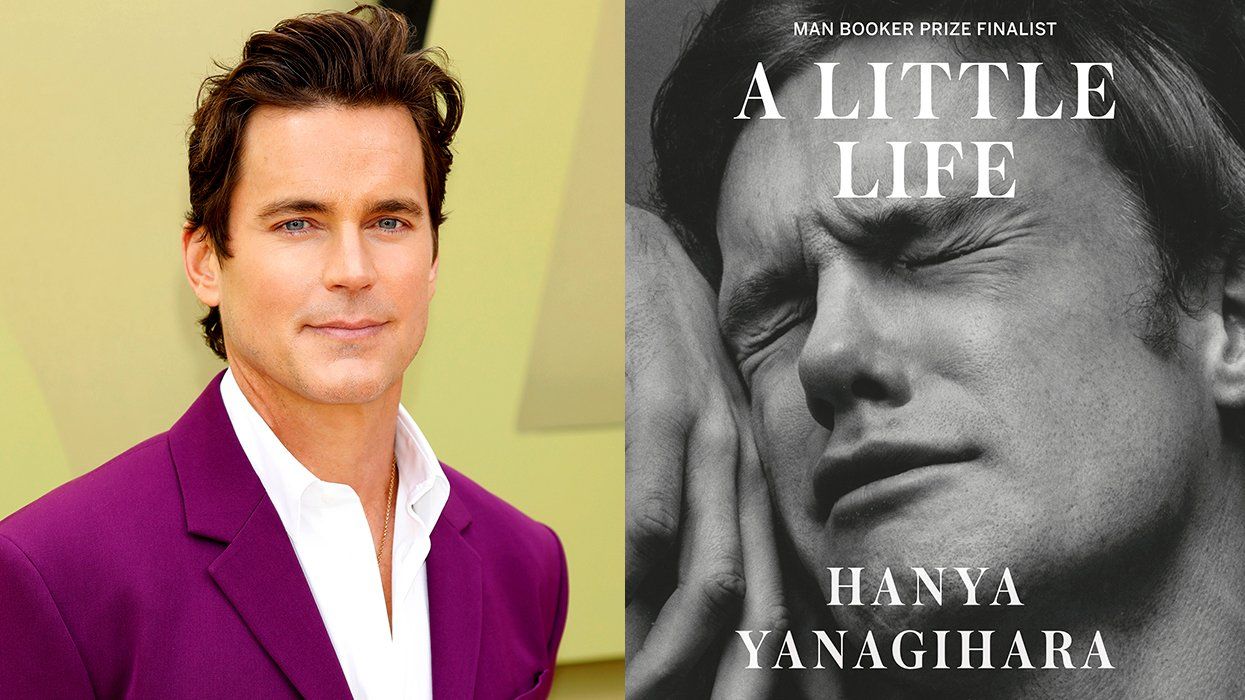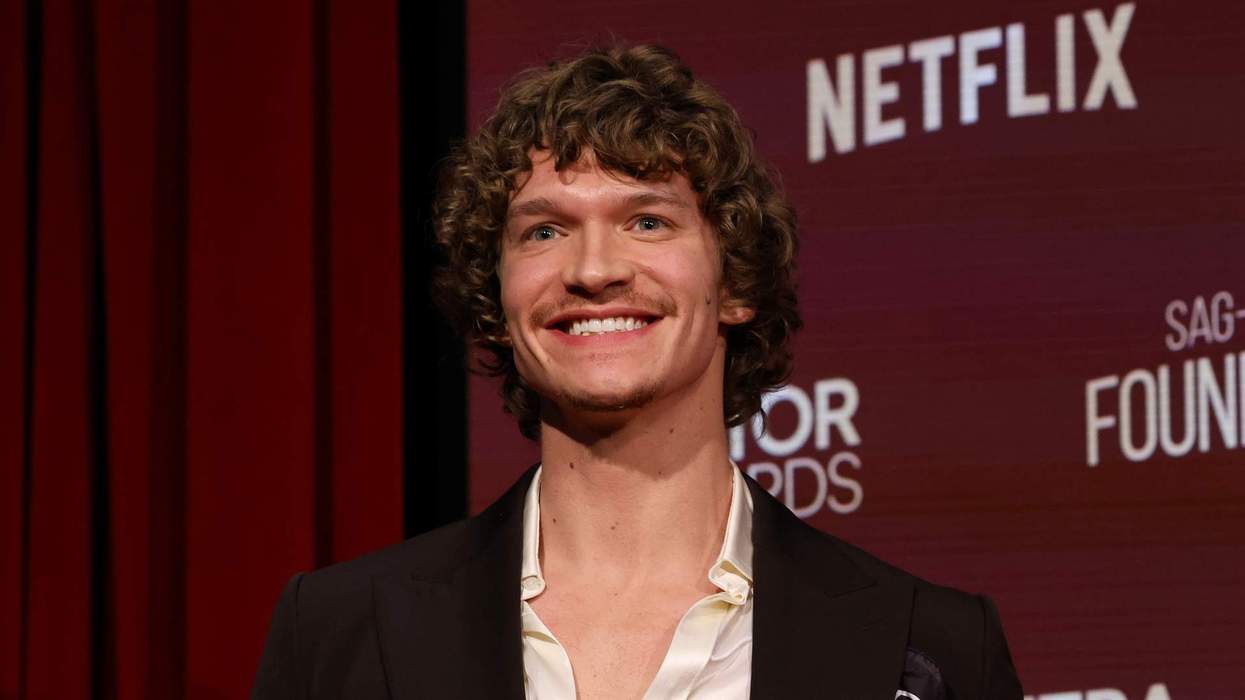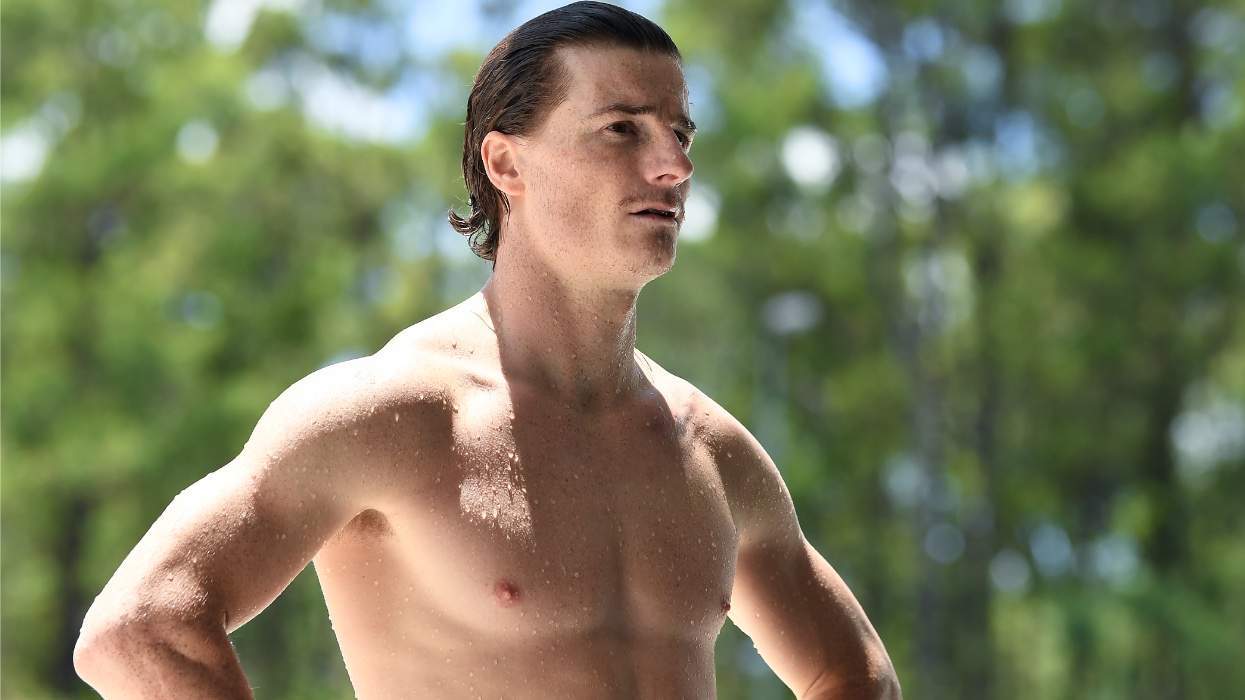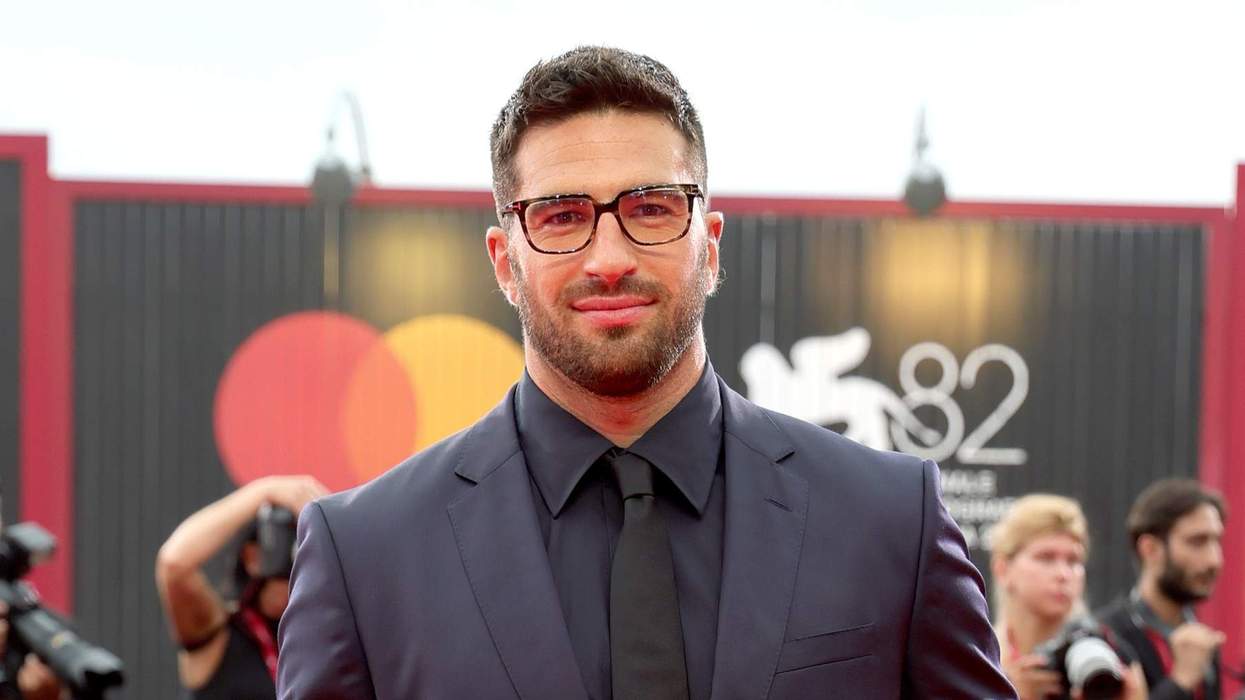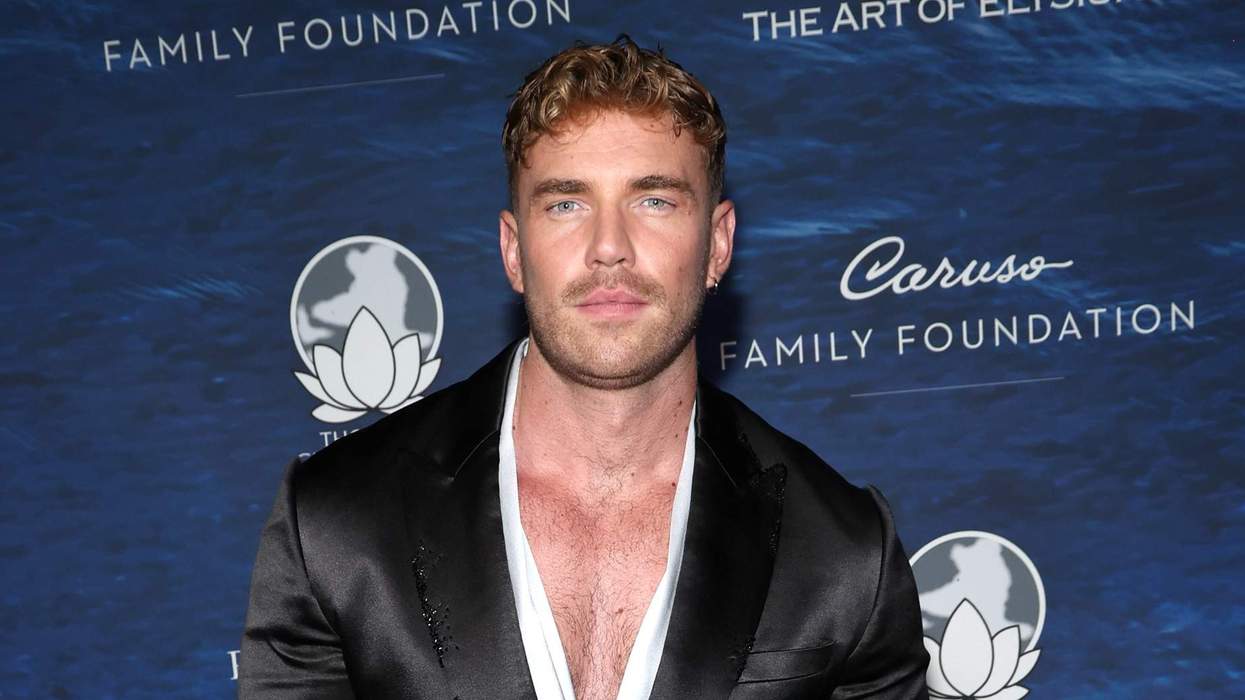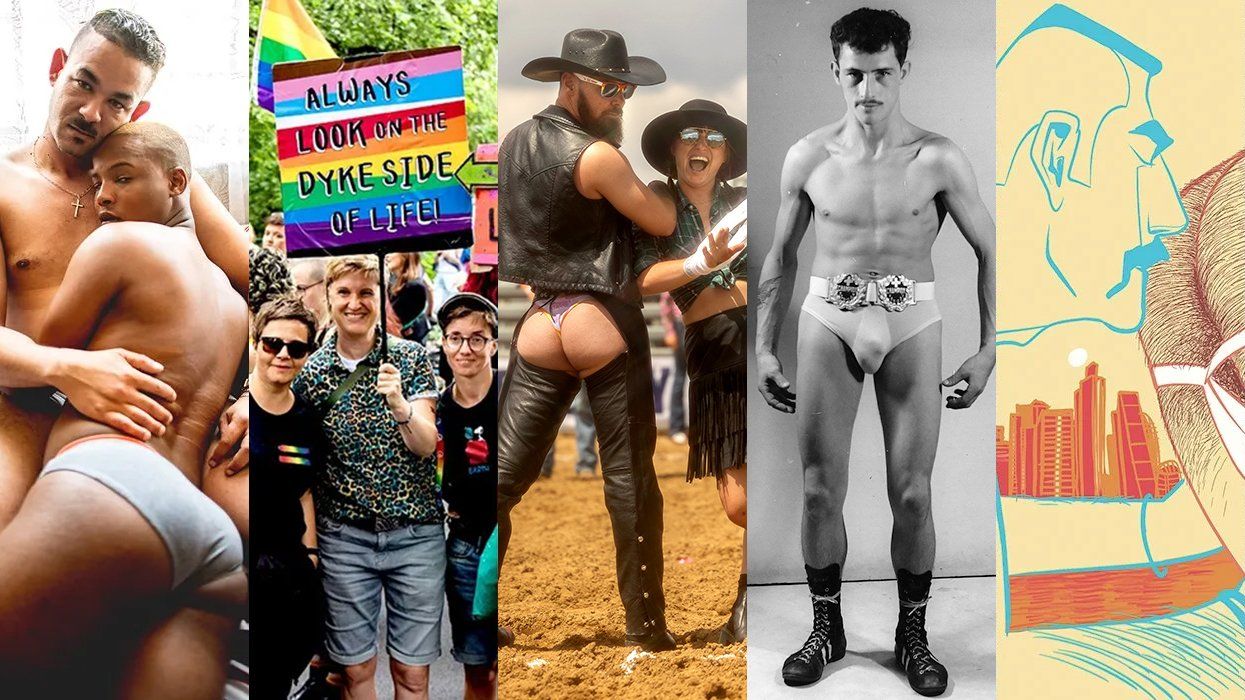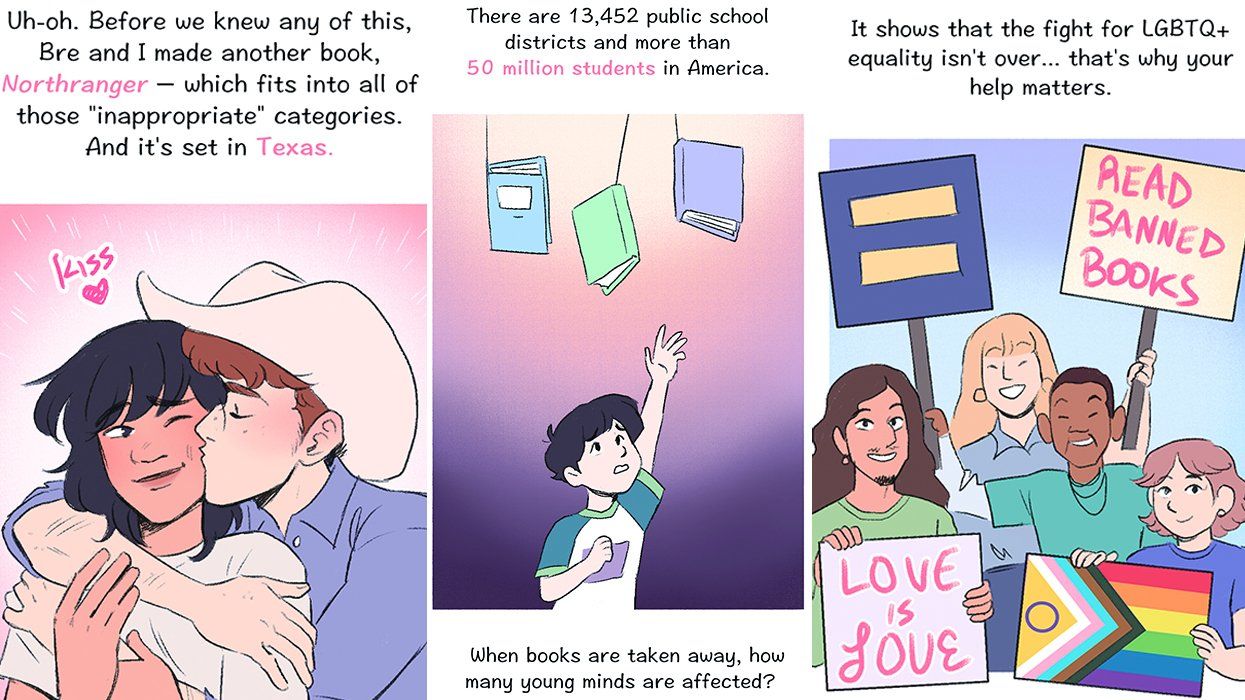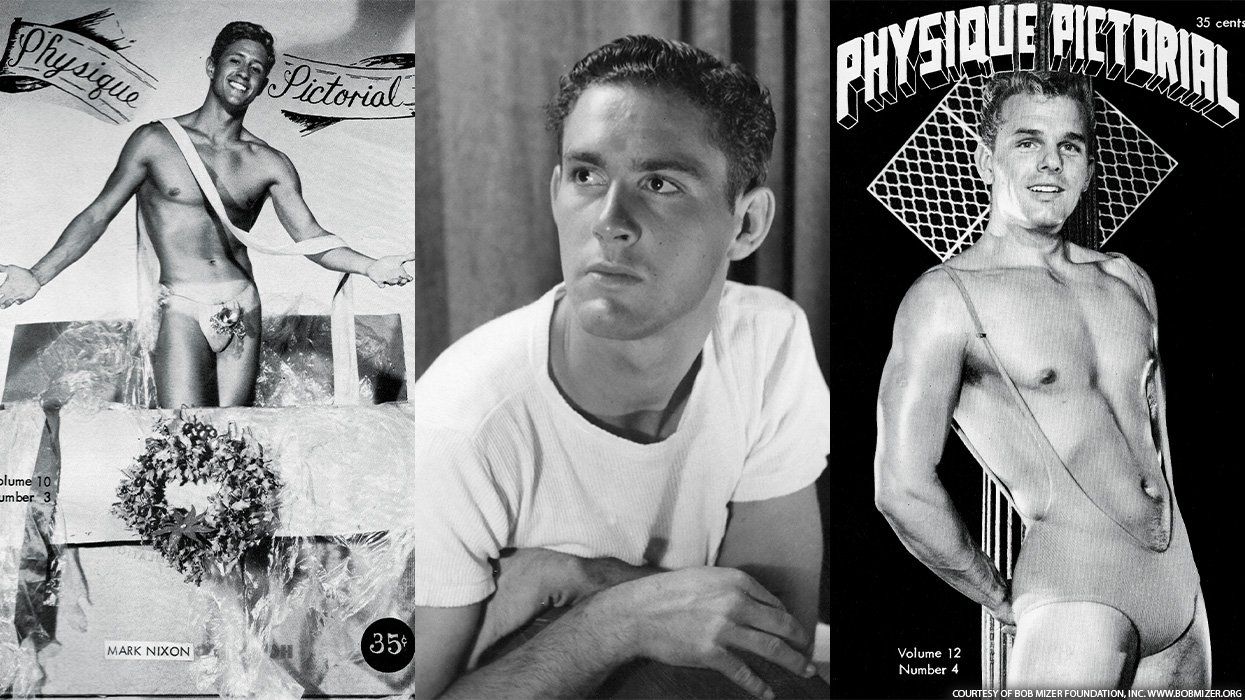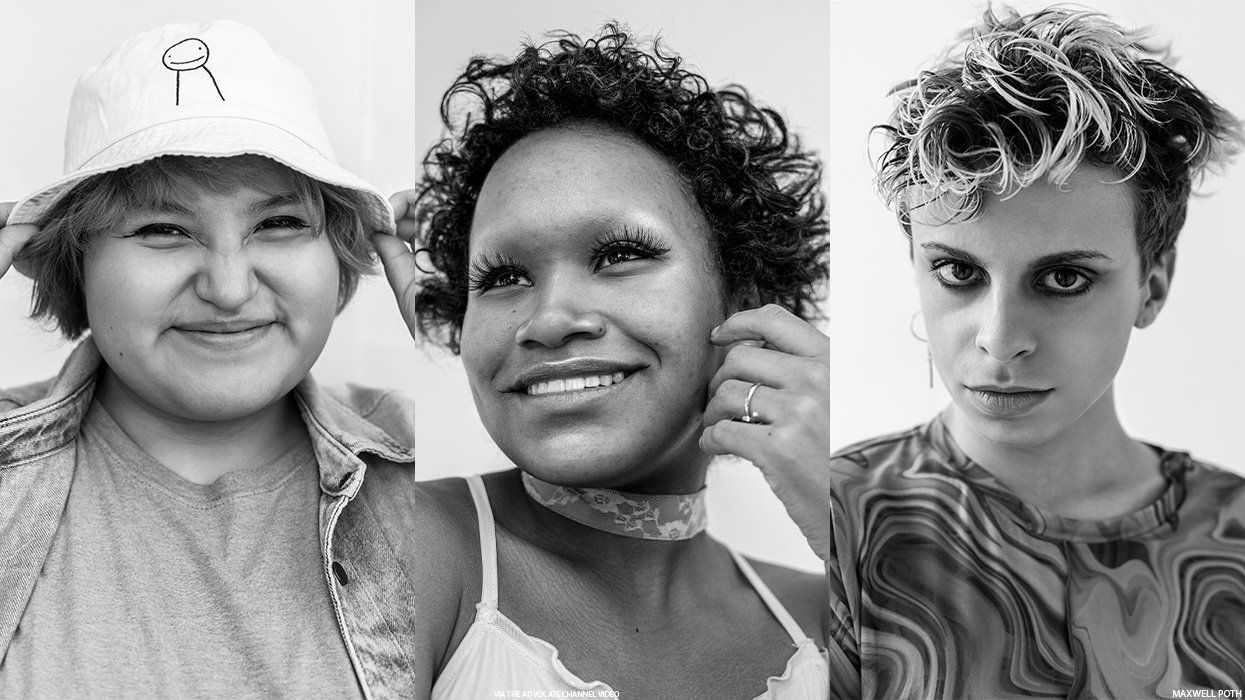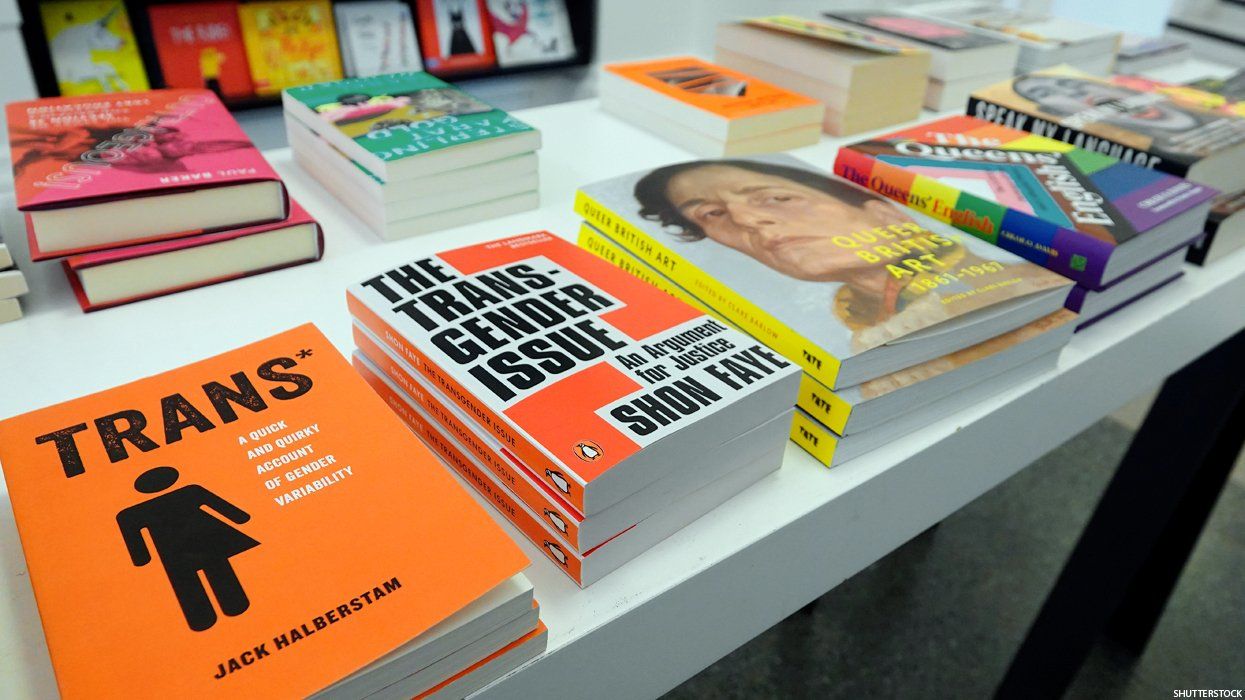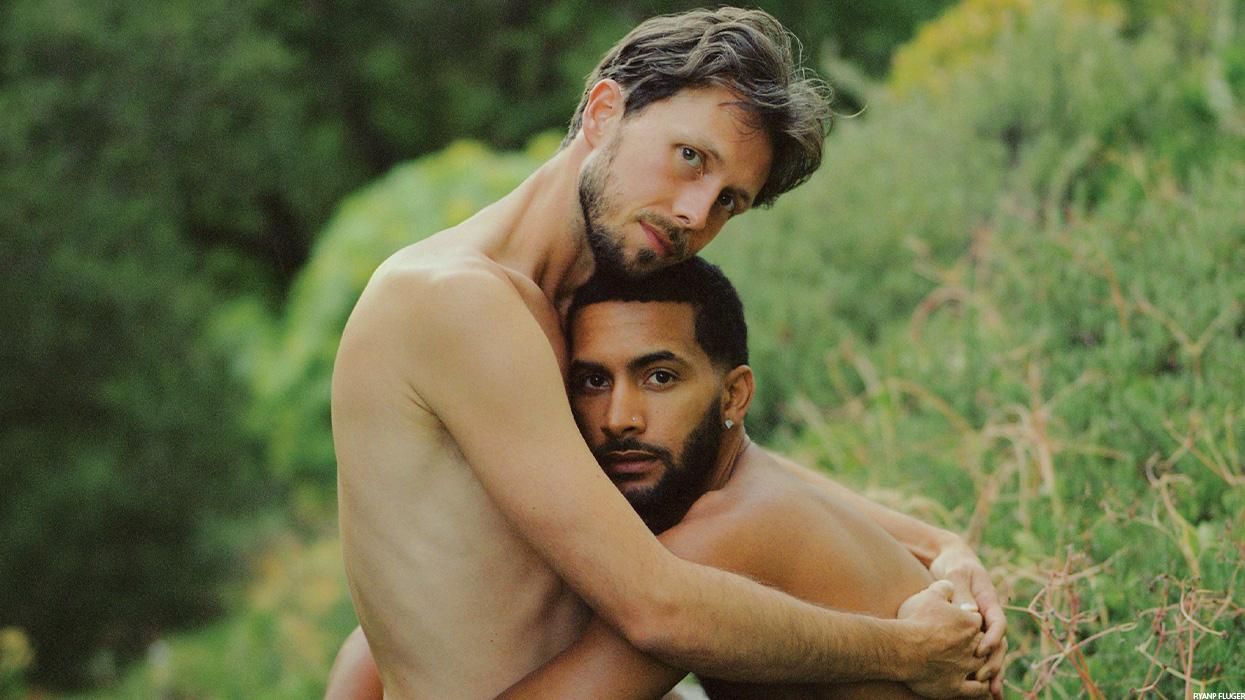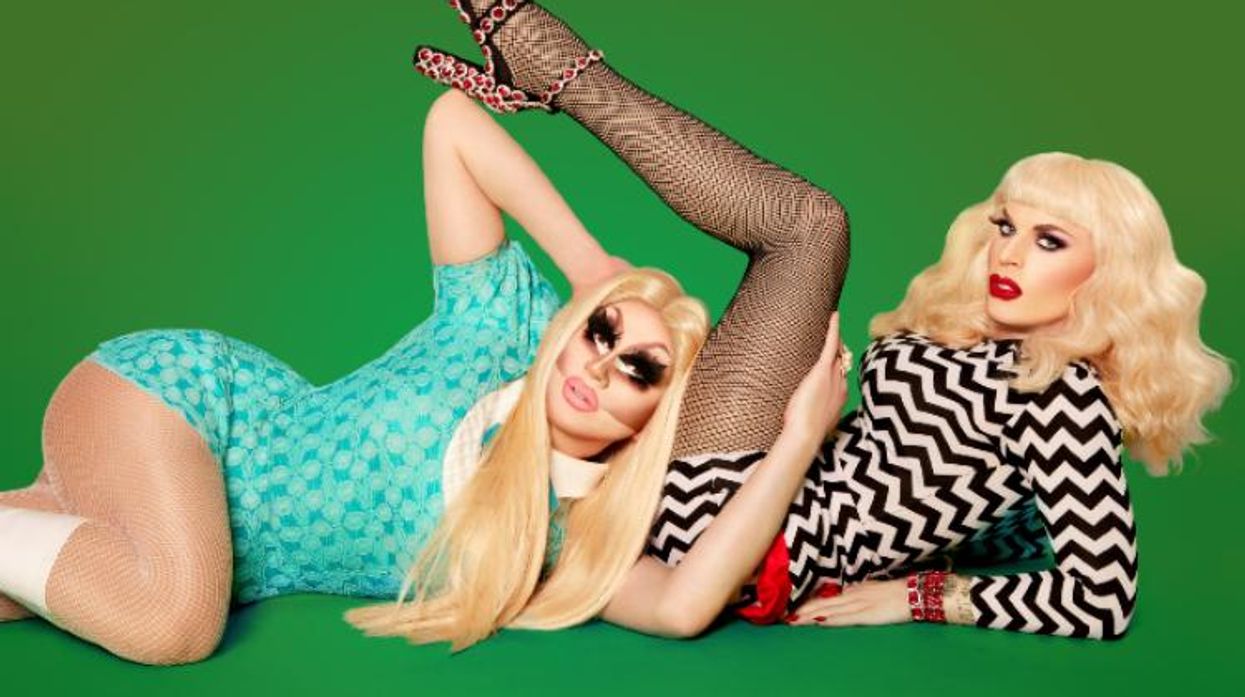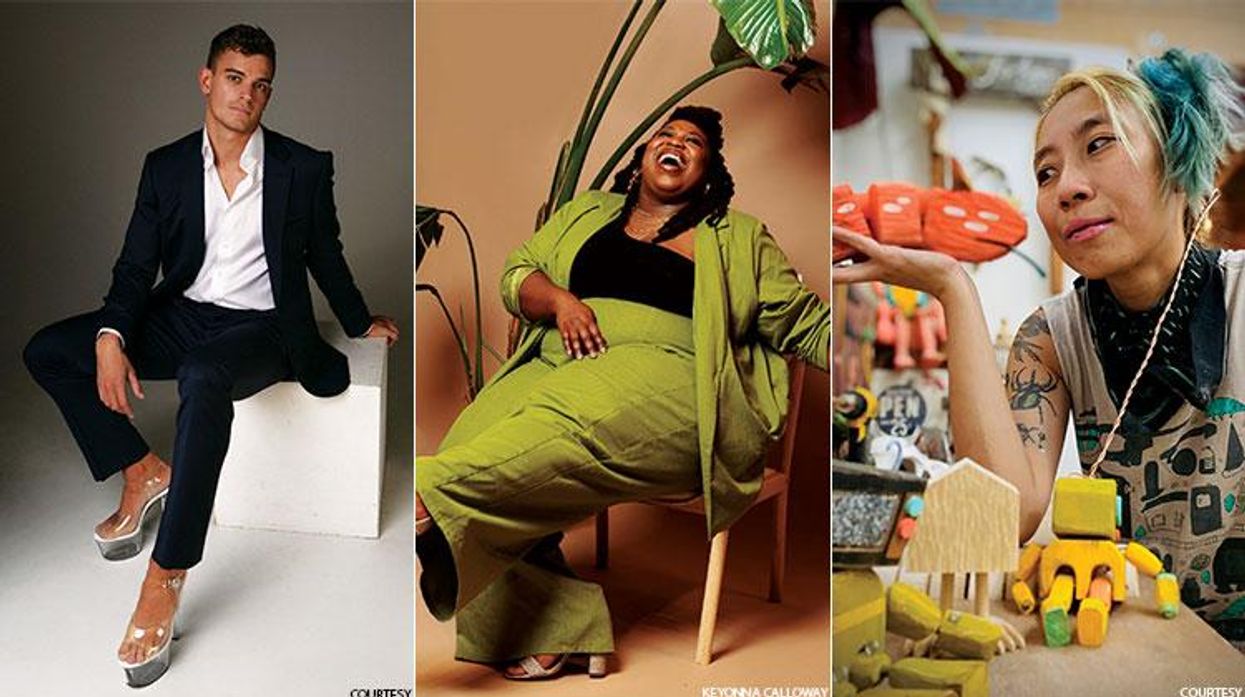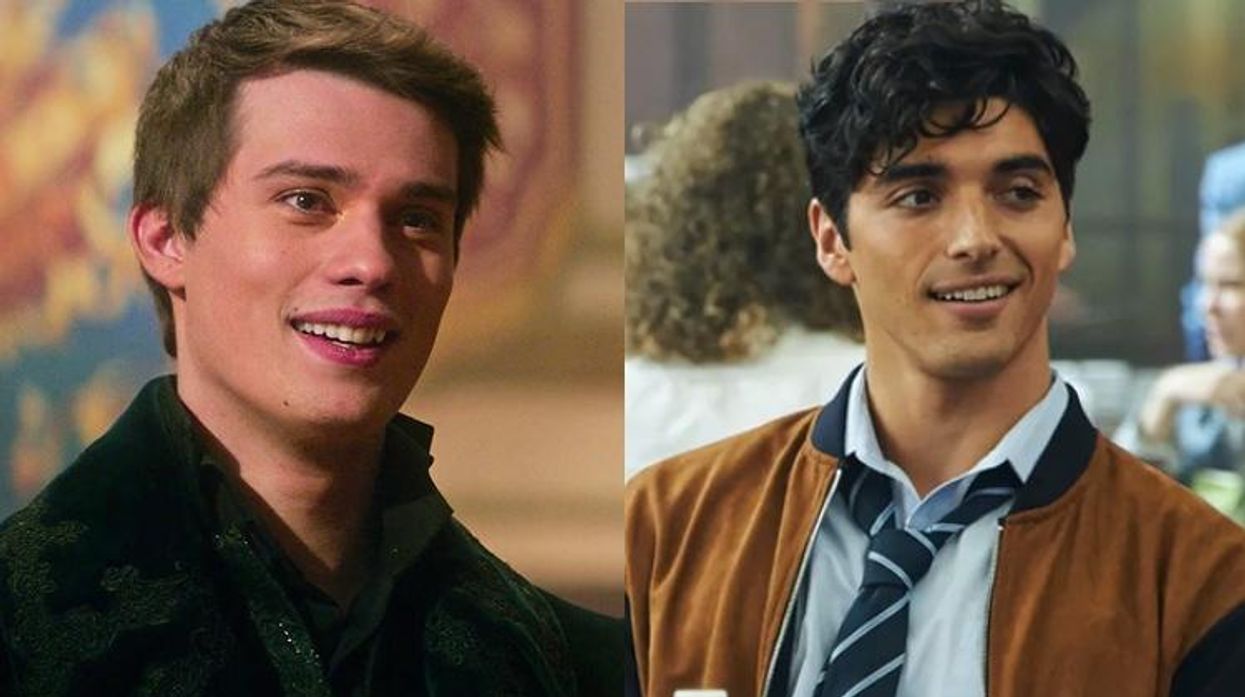The range of active duty military and veterans photographer Vincent Cianni documented in his series, Gays in the Military, spans 60 years, several generations. In that time, being openly gay in the military has gone from forbidden to accepted, but that doesn't mean it doesn't continue to prove difficult for individuals who must decide how, when, and if they will ever come out openly about their sexuality and the men and women they love.
It's been three years since "don't ask, don't tell," was repealed and gay men and women could serve openly in the United States military. Documentary photographer Vincent Ciannia spent that same amount of time, interviewing and photographing over 100 LGBT service members and veterans to create this collection, approximately 20 percent of the total number of people he initially contacted, he estimates. He found many declined due to their fear of reprisals or not wanting their families to know about their personal lives, but that he wanted to show that "they could be our brothers or sisters, aunts or uncles, or our grandparents. They look no different than anyone else. They are no different than anyone else."
"I wasn't surprised by the attitudes [of my subjects], but there were certainly distinctions in the experiences of the subjects throughout the generations and decades depending on military policies, cultural and social acceptance of gays in general, and personal fears," Cianni told Out. "Generally, those who served during World War II and in the 1950s were less impacted by the ban because they spent their lives hiding their sexuality."
SLIDESHOW | PHOTOS FROM GAYS IN THE MILITARY
As Cianni explains, as subject such as Jack Strouss spoke in euphemisms, stating: "We swam together and we both loved dancing. And we were squiring these girls around, primarily to dance... So I walked in, and there's a doctor sitting behind a desk [at the recruiting station], his eyeglasses pulled down. I'm just standing there in front of the desk, and he looked and he said, "Do you like girls?" I said, "Oh, yeah! And I love to dance!"
And then, someone like Will Chandlee was even more direct, referring to the sexual escapades, saying: "I was Lucky Pierre in the middle."
But Cianni, who was born in 1962, says the experiences of service members and vets in the 1960s and 1970s "ranged between horrific sexual and physical assaults" to "rampant discharges to rebelling against the norm and the establishment during ... the gay liberation movement that began with the Stonewall riots in 1969." Then the 1980s brought "witch hunts (of homosexuals, drug addicts, perpetrators) when the military was not involved in any major wars and was cutting back its forces. The very ambiguously interpreted DADT policy of the 1990s brought much psychological trauma to LGBT troops and did little to help with unit cohesion."
Yesterday, Sept. 23, the Library of Congress GLOBE, in conjunction with the Senate GLASS Caucus and LGBT Congressional Staff Association, presented a conversation with Cianni to commemorate the third anniversary of the DADT Repeal Act of 2010. Cianni says this project was important to him since the equality movement of the LGBTQ community is the defining civil rights issue of this generation.
"It was important for me to be part of this movement and this history and to contribute to it in the best way I could - to tell stories through photographs and testimonies," he says. "On a personal note, entering into a world I knew little about -- the military -- was enlightening for me and opened up my heart and mind to a portion of the LGBT population with whom I shared little in terms of life experience and choices. But it did teach me that the decision to join the military is open to all and the right to choose to serve our country in a way that seems best for each and every one of us, is a choice that we all must have access to. It became immediately clear to me that this was a civil rights issue."
All the work associated with this project will be archived in the Archive for Documentary Arts at the Rubenstein Library of Duke University, so each person will be represented in this important historical record.
Gays in the Military is available now.


